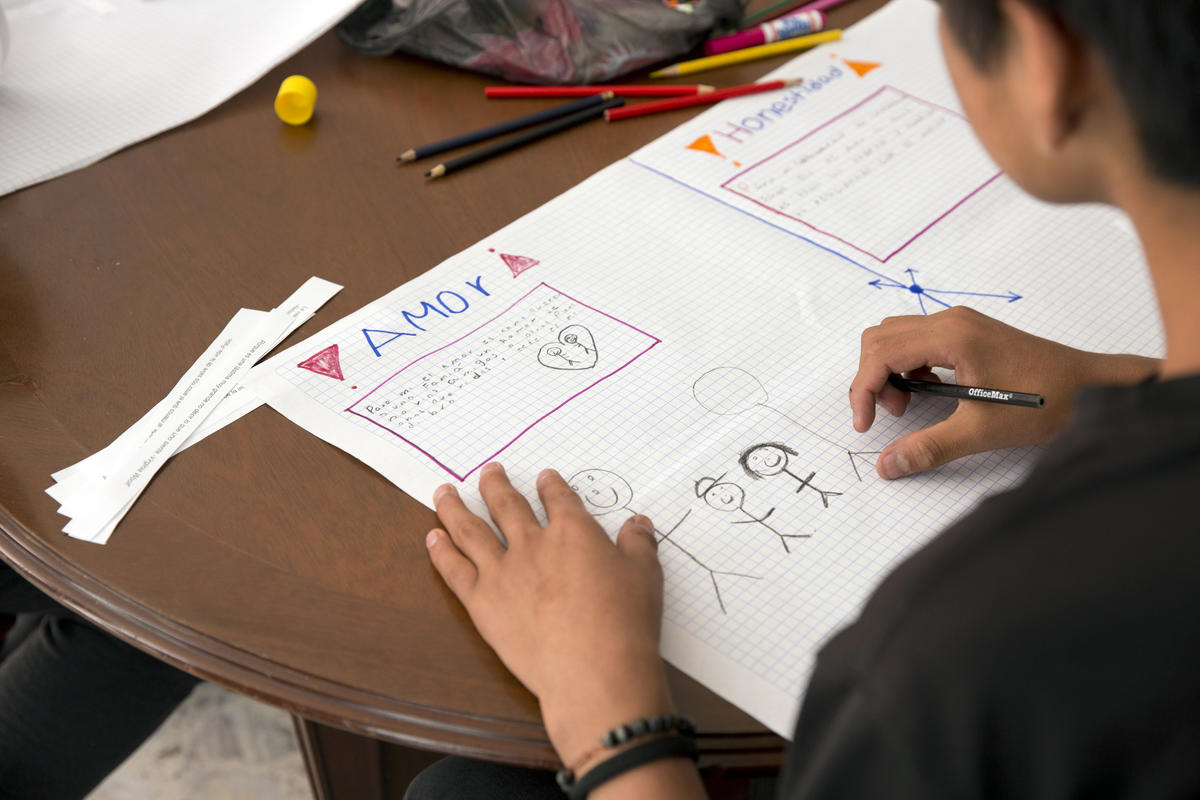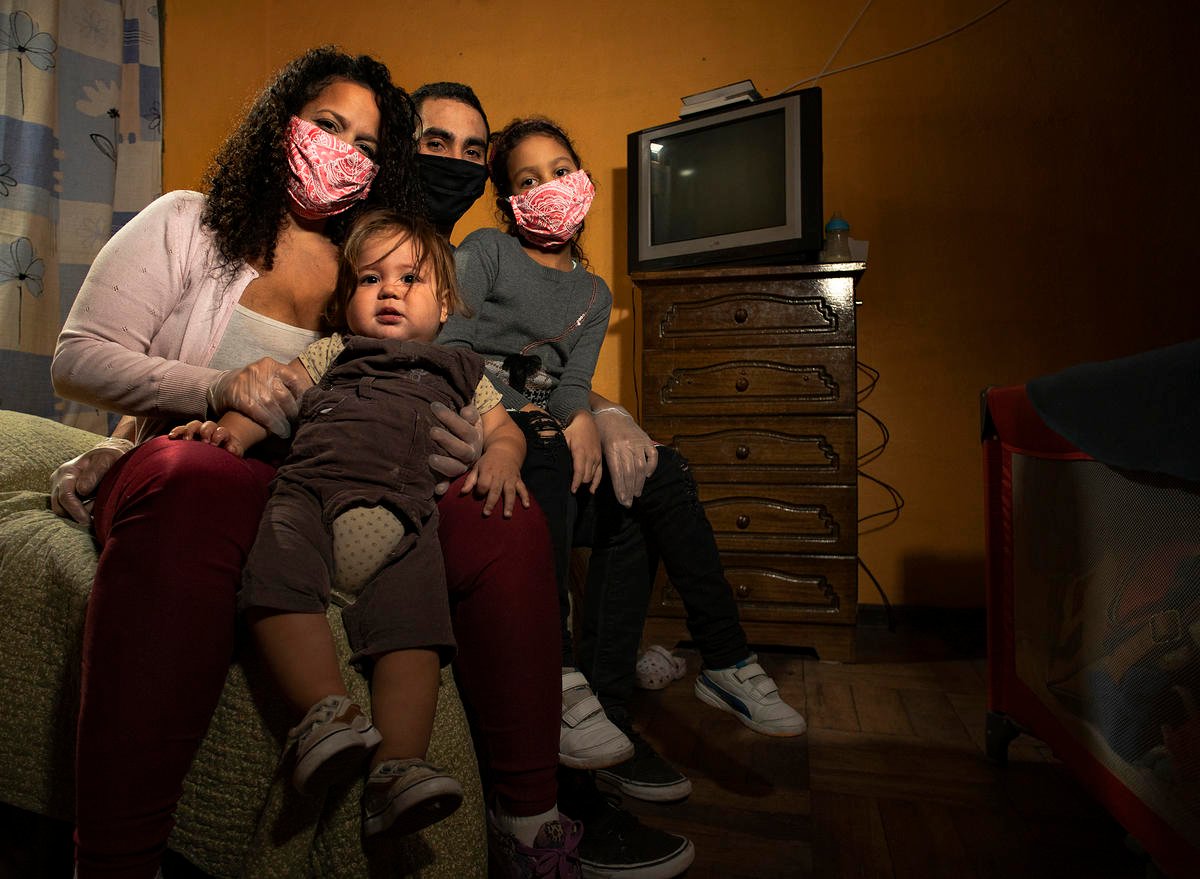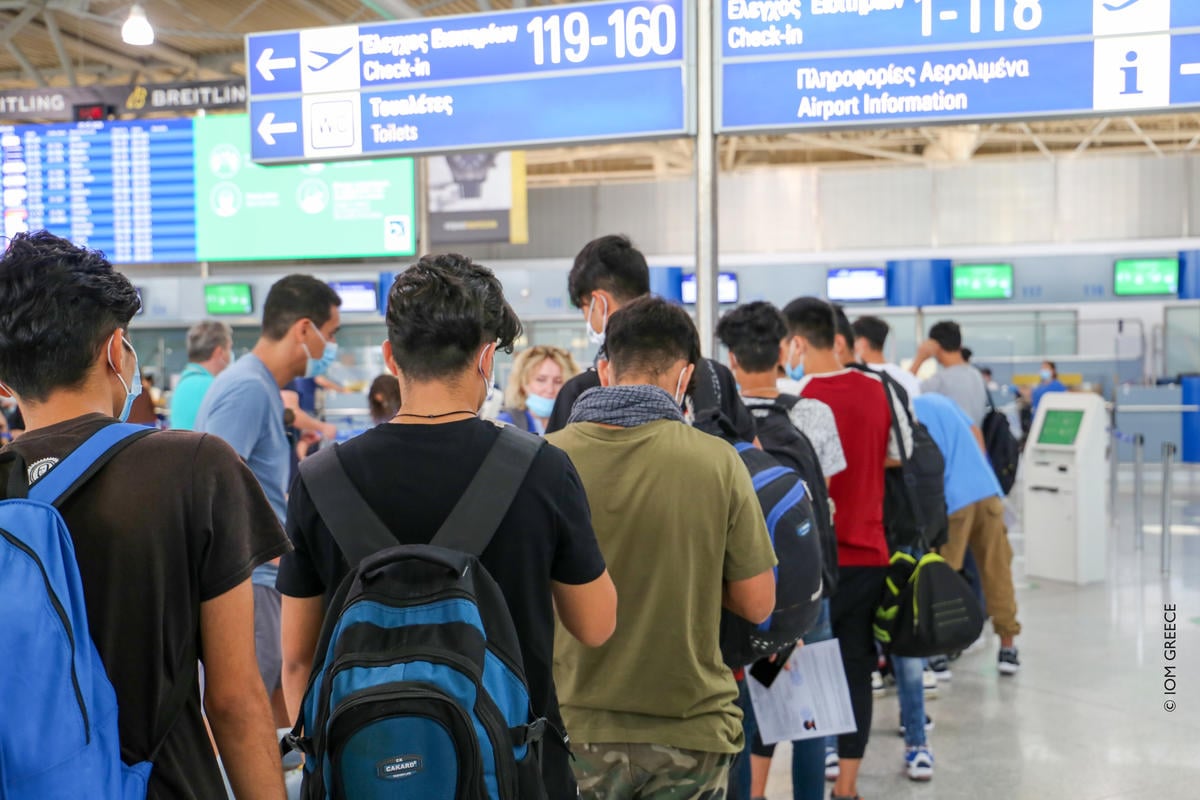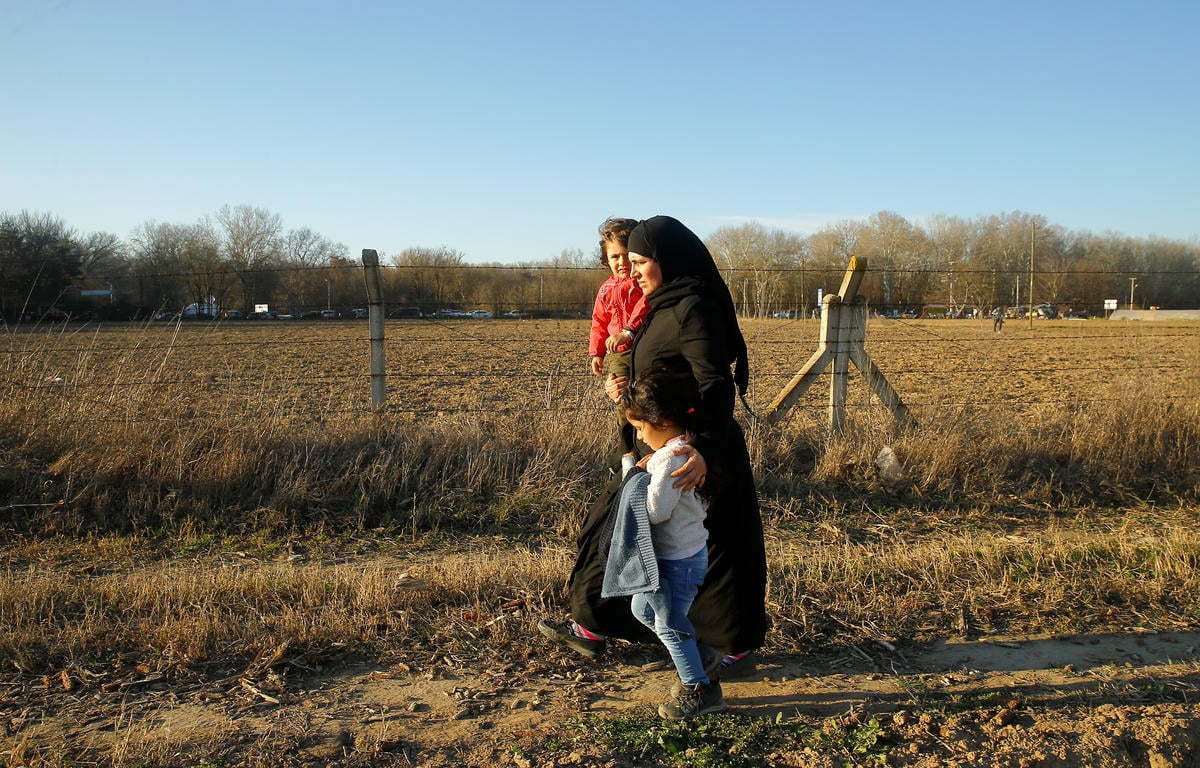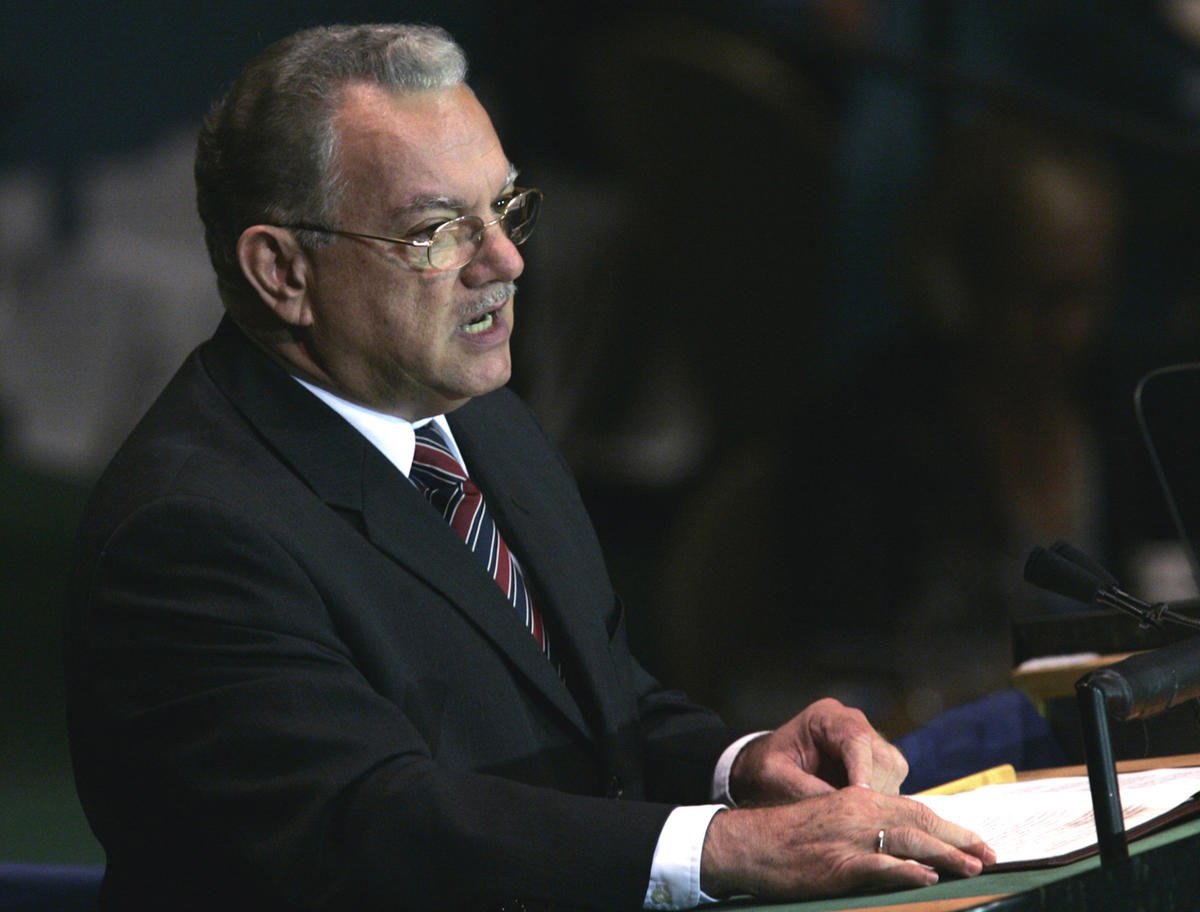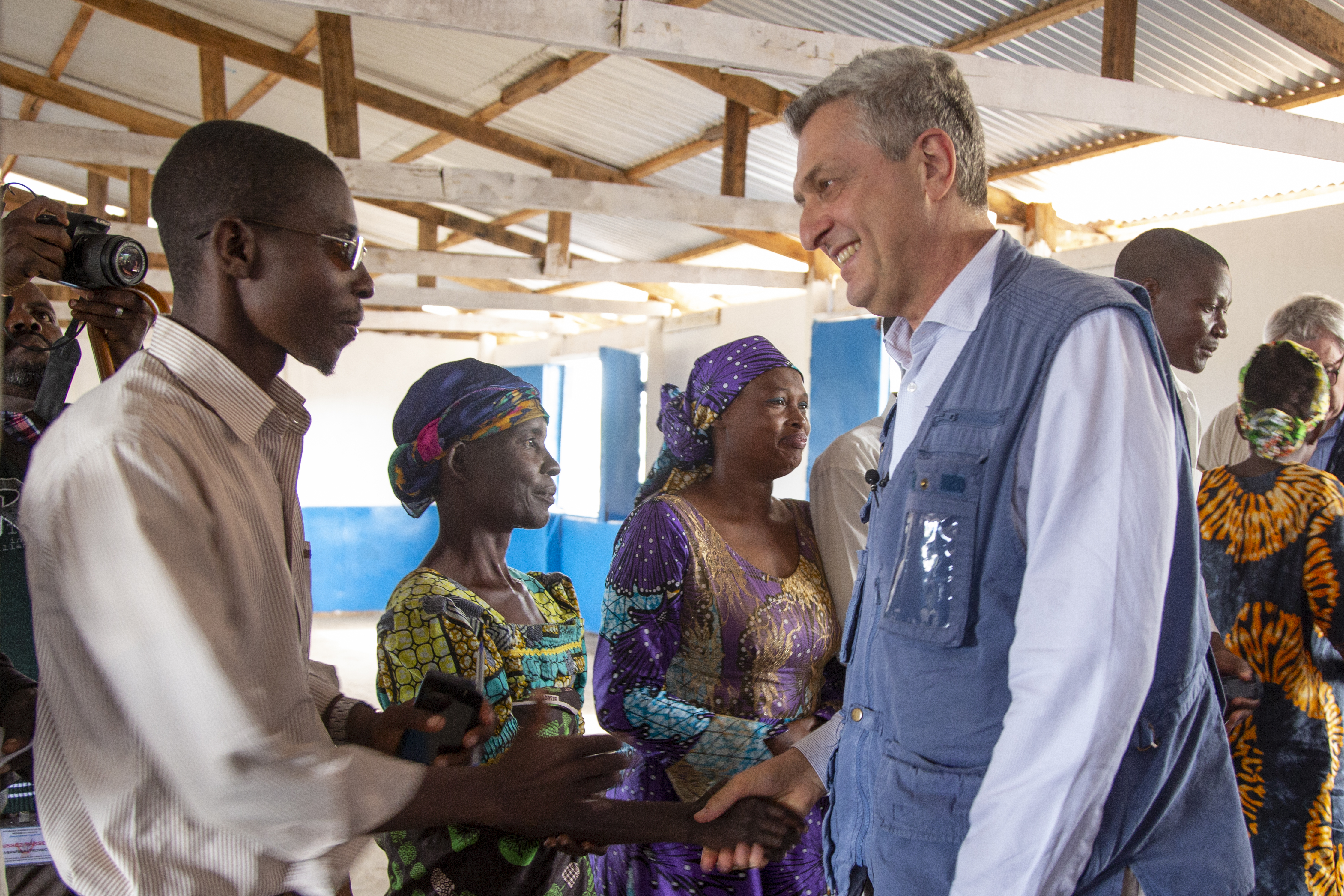New report examines UNHCR work in Morocco on mixed migration
New report examines UNHCR work in Morocco on mixed migration

GENEVA, March 31 (UNHCR) - A new report concludes that UNHCR's efforts to address refugee protection and mixed migration in Morocco have helped to expand protection space but that significant challenges remain.
The report, published by UNHCR's Policy Development and Evaluation Service, examined the impact of UNHCR's work on the well-being of refugees and asylum-seekers in Morocco.
It found that innovative approaches have been taken in refugee community outreach, local integration opportunities and support to voluntary and dignified return in close cooperation with the International Organization for Migration (IOM).
Given the largely clandestine nature of migratory movements, it is difficult to estimate the number of foreign nationals currently living in Morocco without legal status. Government sources and independent researchers suggest a minimum of some 10,000 irregular migrants of sub-Saharan origin may be in the country. Only some 750 to 800 people, or less than 1 percent of the total, have been recognized as refugees by UNHCR.
Morocco has a long-standing tradition of hosting refugees and migrants. The country has ratified all the major international treaties concerning migrants, refugees and human rights, including the 1951 UN Refugee Convention and its 1967 Protocol.
A law regulating the entry and residence of foreigners in Morocco was passed in 2003. It contains important provisions prohibiting the expulsion of refugees and asylum -seekers and allows for appeals against expulsion orders. The country does not, however, have a legislative or institutional framework dedicated to refugee and asylum issues
Hindered by their lack of a recognized legal status, as well as ethnic and linguistic differences, refugees, like other migrants in Morocco, find it hard to establish sustainable livelihoods. These difficulties remain a concern to UNHCR in Morocco.
The report identifies the Moroccan diaspora as an untapped source of potential partnership, as they might be motivated to play a role in advocating for the human rights of foreign nationals in Morocco, including refugees.
Enhanced work with the UN country team has increased donors' confidence in inter-agency coordination, leading to the development of a strategic framework for joint action on migration which includes a number of refugee protection components related to UNHCR's 10-Point Plan of Action on Refugee Protection and Mixed Migration.
The report also acknowledges that without the active engagement and support of the host state, UNHCR's efforts will inevitably be limited in their outcome and impact, as the ultimate responsibility to protect and provide durable solutions for refugees lies with states.
There are no quick-fix solutions to the issue of refugee protection and mixed migration in Morocco, and a sustained commitment will be required by all if further progress is to be attained.
The UNHCR report concludes that effective responses to the issue of refugee protection and mixed migration in Morocco will not be found in Morocco alone. There is a particular need for all the key stakeholders, including UNHCR offices, to ensure that effective regional and inter-regional coordination and information and best-practice sharing takes place.
Refugee protection and international migration: a review of UNHCR's role and activities in Morocco.


